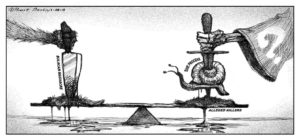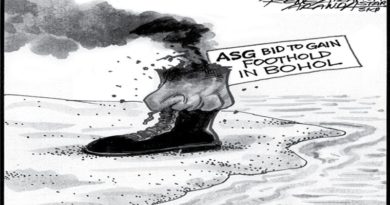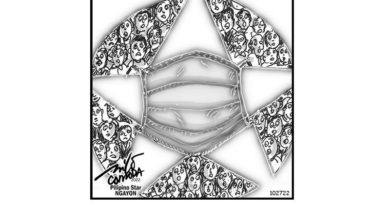After drugs, security, we look forward to economic programs
he Philippines has long lagged behind Singapore and Malaysia in Foreign Direct Investments (FDI), a major factor in national economic growth in developing countries like ours.
In the World Investment Report 2017 issued last June by the United Nations Conference on Trade and Development, the Philippines’ FDI was set at $7.983 billion – well behind Singapore’s $61.63 billion and Malaysia’s $12.571 billion. But it was ahead of Indonesia’s $3.762 billion and Thailand’s $3.286 billion. Our Bangko Sentral ng Pilipinas projects our FDI to reach $8 billion this year.
The United States State Department also issued a report assessing the business climate in some 170 countries around the world. It listed the Philippines among the most promising host countries fior foreign investments, citing three reasons – the country’s growing middle class, the people‘s tendency to quickly spend disposable income, and the fairly stable political environment.
The US report, however, also saw a number of disincentives, including foreign ownership limitations on land and many businesses, which are fixed in the Constitution. In the previous Aquino administration, the House of Representatives sought to meet this with a proposed constitutional amendment authorizing Congress to amend the limits. But nothing came of this move as the Aquino administration came to an end.
The US State Department report also listed as disincentives to foreign investments in the Philippines the following: poor infrastructure, inconsistencies in regulations, bureaucratic corruption, a slow judicial system, a slow business registration system, and traffic and port congestion.
The Duterte administration is moving mightily to solve the infrastructure problem with a long list of projects – roads and bridges, railways, seaports and airports, schoolhouses and other government buildings – with billions of pesos already included in the national budget. In the next five years, administration officials said, infrastructure spending will reach P3 trillion.
The other problems of corruption and cumbersome government regulations may not be as easy to resolve, as they involve a huge bureaucracy often resistant to change and reform. But the new administration has shown a readiness to take on the problem – perhaps after it deals with the ongoing problems of internal security and rebellion.
The administration is moving on so many fronts to effect the changes it promised. After it substantially solves the daunting nationwide drug problem and after it ends the threat to national security in Mindanao, it should move massively to meet nation’s economic problems. This will translate into better lives for our people which, ultimately, should be the supreme goal of any government.










